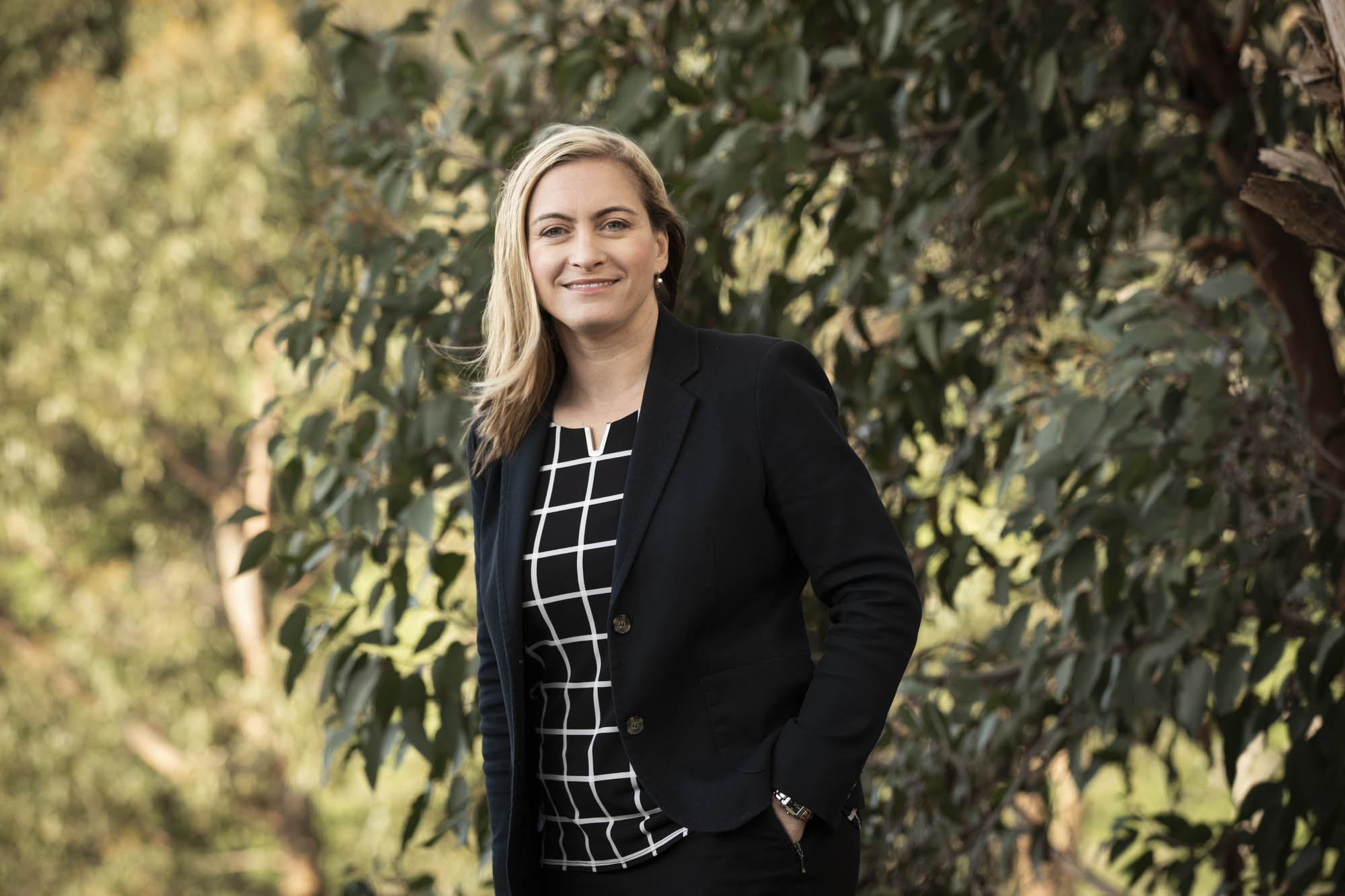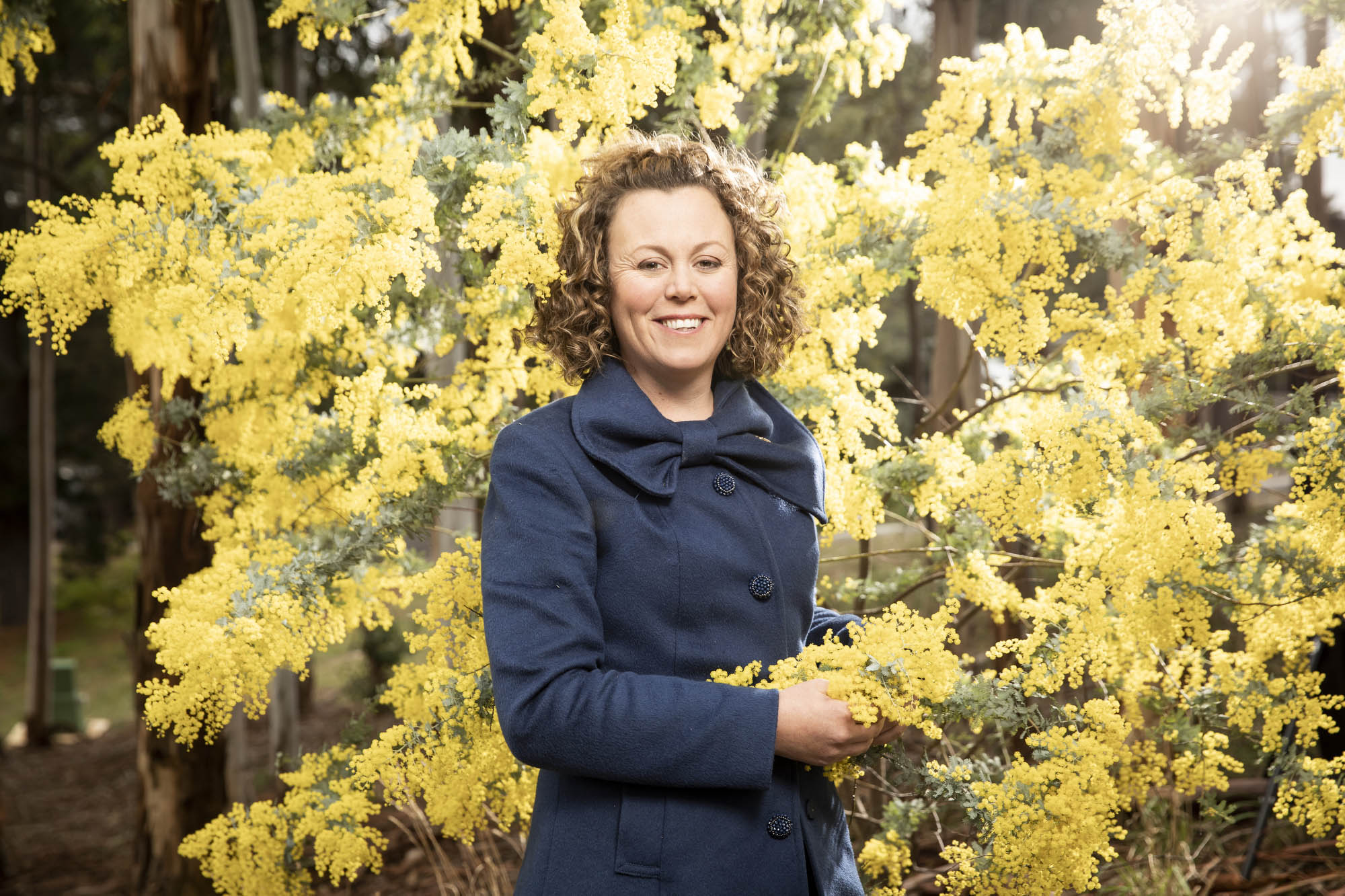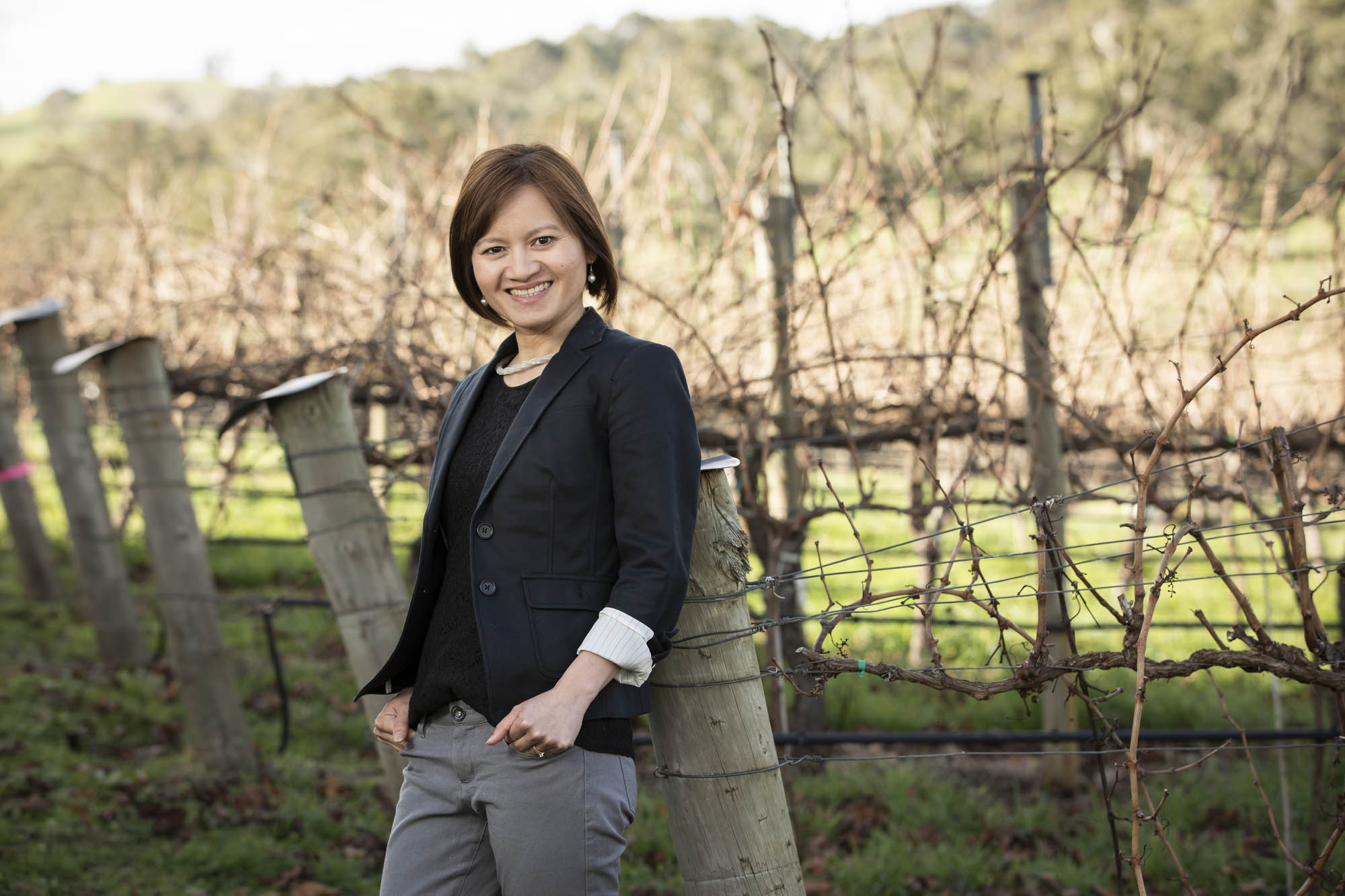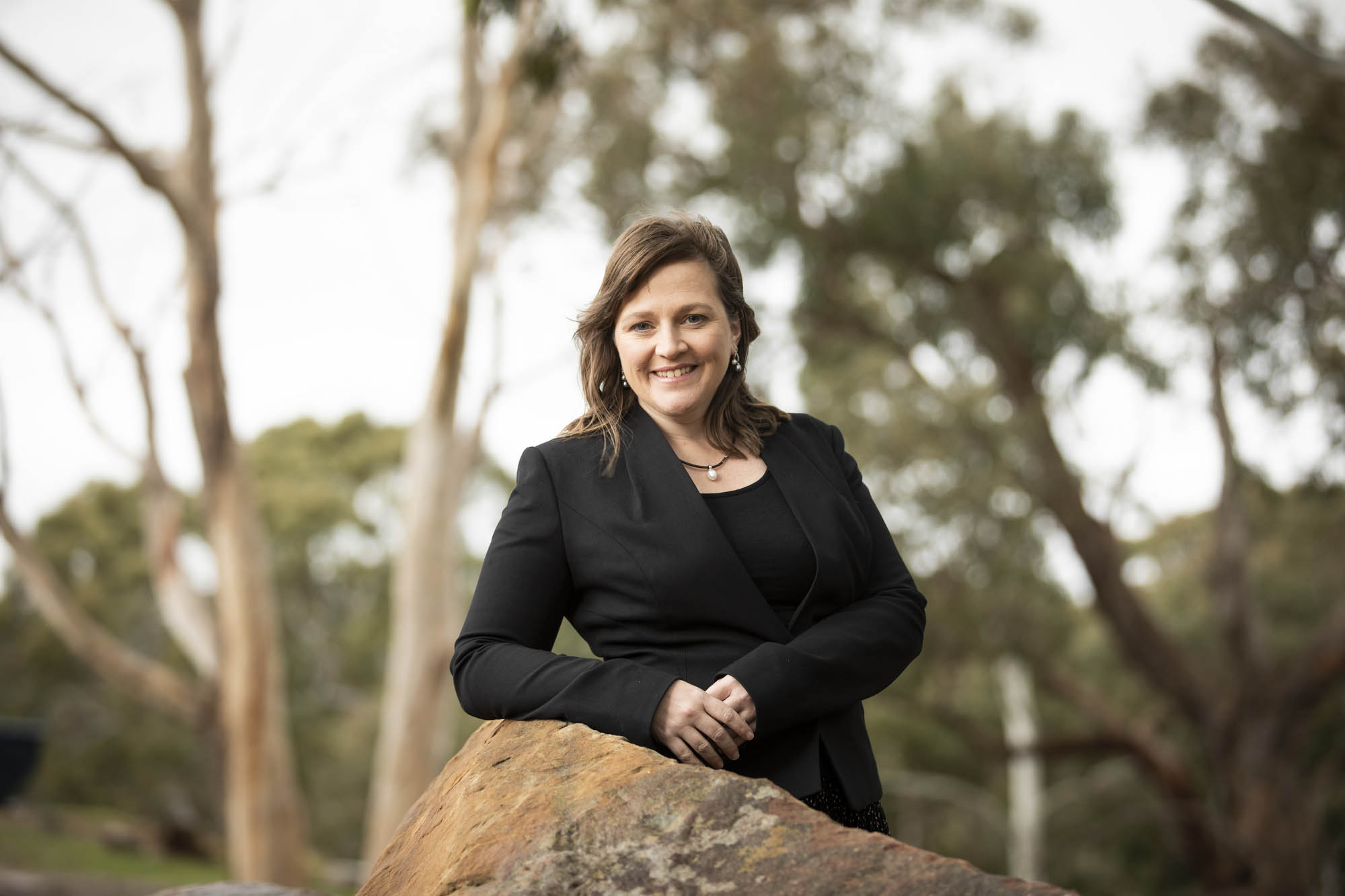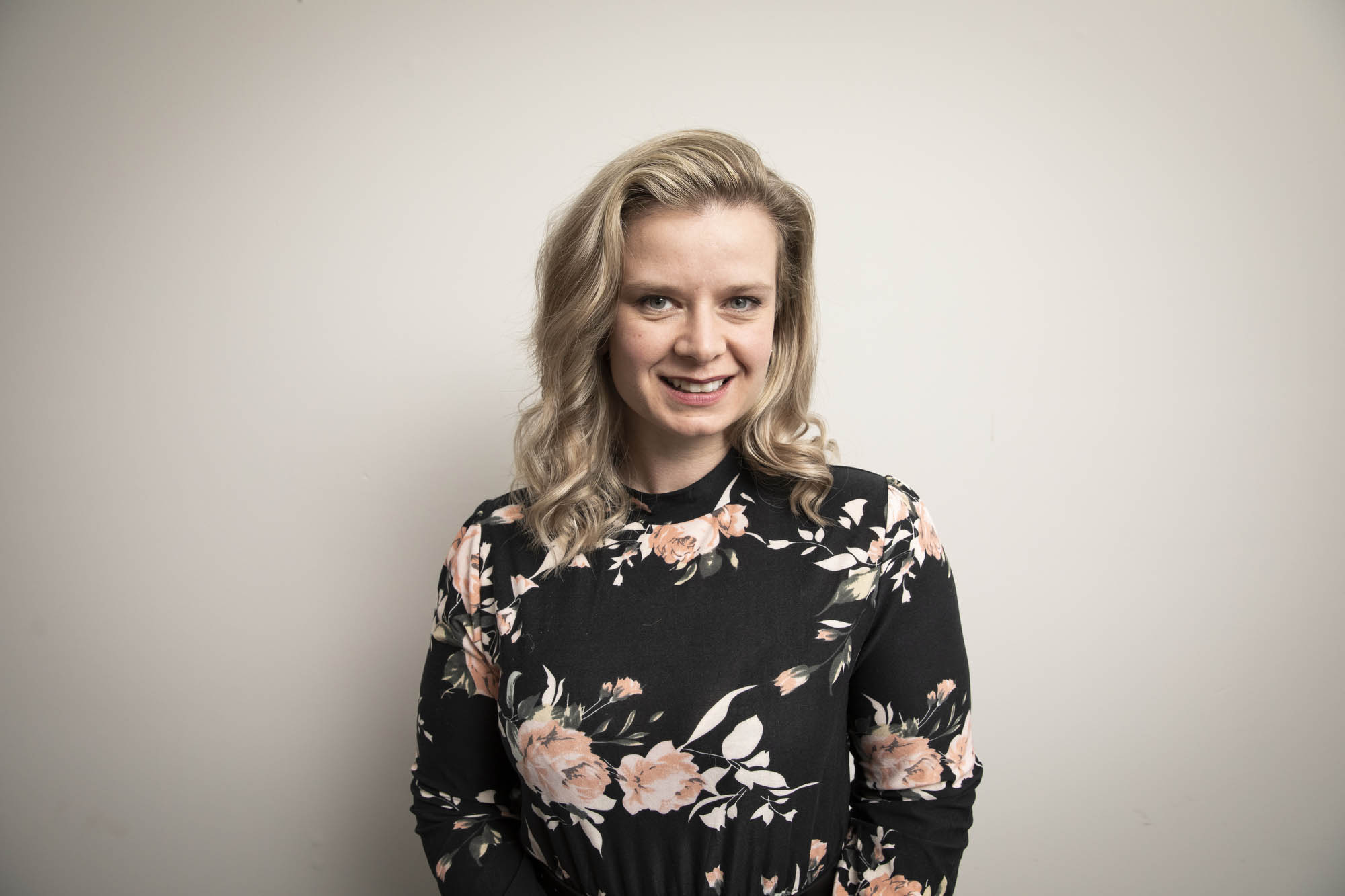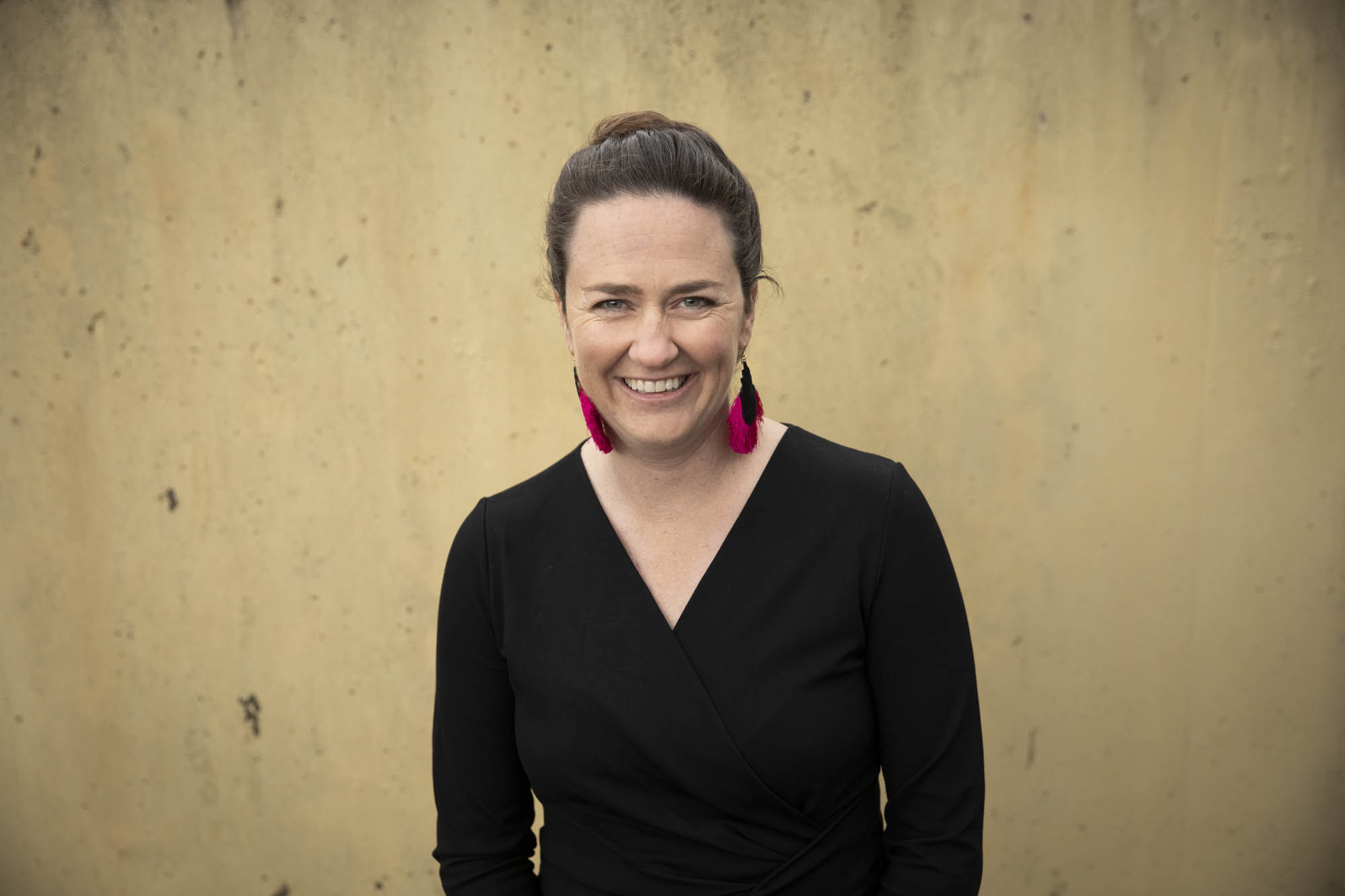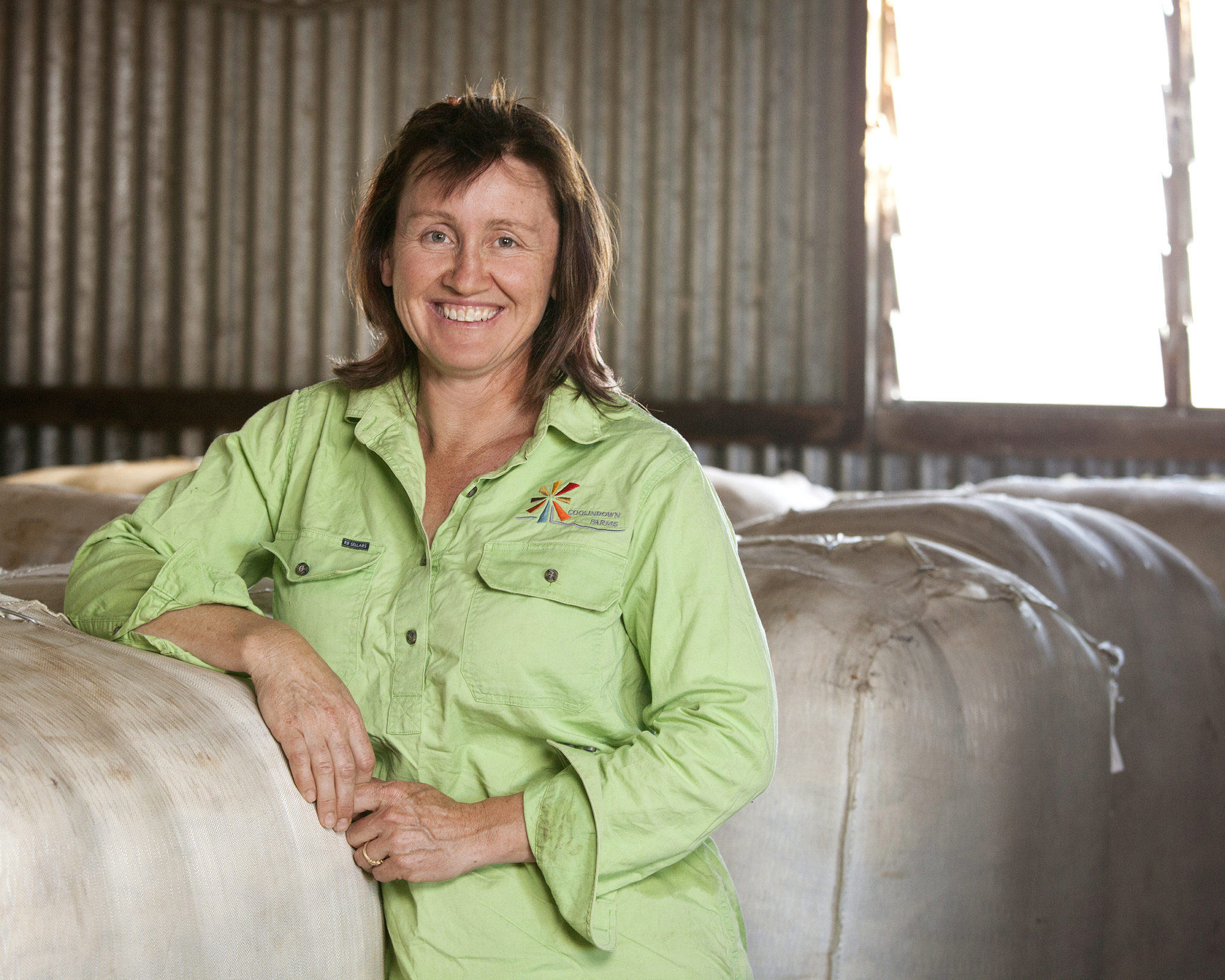
Born in Albany in the late 70s, Belinda is the eldest of 4 children. Belinda grew up as a “townie” in Beverley with her siblings and her mother. Small rural town living as the child of a single parent wasn’t particularly easy but she found solace in the regular visits to her Grandparents farm which led her to fall in love with life on the land and decide to pursue a future in this Industry.
Belinda recalls fondly her grandfather who played a big role in her life “he didn’t see gender, he just saw willing and able people”. It was her grandfather who taught her she could and she never imagined women would be treated any differently in Agriculture until she was much older and already hooked.
Belinda credits corporate farming for taking a chance on a town girl in beginning stages of her farming journey, being only one of a few in the district in the mid 90s to work on SK Kidman property ‘Neds Corner’ as a jillaroo. It was during this time she learnt basic stockwork, water, fencing and remembers sending golden coloured sheep across the hills after shearing and backlining with Eureka Gold.

